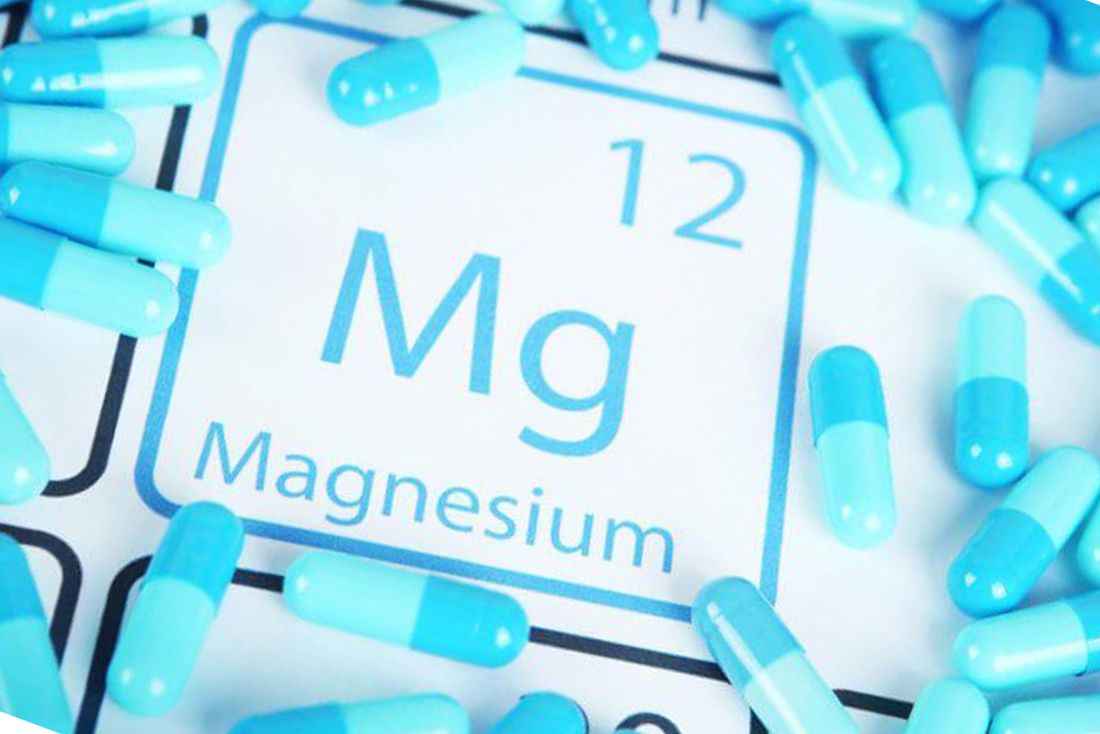Want a 10% discount on your first purchase?
Sign up for our newsletter
theme575
You have no wish lists..
Your shopping cart is empty!
Once you’ve selected your products,
click the Add to Cart button
Magnesium glycinate is a form of magnesium, an essential mineral, bound to glycine, a non-essential amino acid. It is considered one of the most absorbable forms of magnesium, and also the least likely to induce diarrhoea, making it a popular choice for supplementation.
Read more...Magnesium glycinate differs from its other forms in many ways, making it unique and especially valuable for certain purposes.
Your individual needs and goals should determine what magnesium form you choose. Magnesium glycinate is especially recommended for those seeking to support their nervous system and enrich their body with a highly bioavailable source of magnesium that does not have digestive side effects.

Together, these benefits make magnesium glycinate an important supplement for supporting nervous system health and mental well-being.
Magnesium glycinate is usually taken in capsule or tablet form. The recommended dose may vary but it is often between 100 mg and 400 mg per day. Magnesium glycinate should be taken during or after meals for best absorption. Magnesium is best absorbed when combined with calcium, so consider this when planning your diet.
Contraindications: Although magnesium glycinate is considered safe for most people, it should be taken with caution if you have kidney disease.
Want a 10% discount on your first purchase?
Sign up for our newsletter
Want a 10% discount on your first purchase?
Sign up for our newsletter






